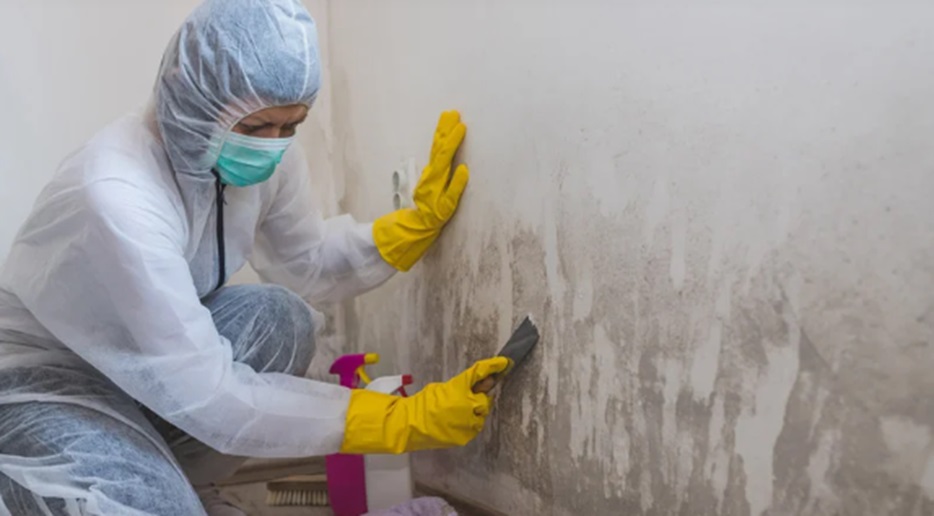Mold can silently invade a home or commercial space, compromising structural integrity and air quality. Identifying it early through professional mold testing is not just precautionary—it’s essential. Before jumping into remediation, understanding the extent, location, and type of mold sets the foundation for an effective solution. Without testing, remediation could be incomplete or misdirected, leading to recurring issues. Hiring mold experts in Atlanta ensures accurate detection before any remediation begins.
The Importance of Accurate Mold Identification
Not all molds are the same, and their risks vary. Some may simply cause minor respiratory discomfort, while others can trigger severe health complications. Expert testing can determine the species present, the density of spores, and the spread throughout the space. This data allows remediation teams to select the safest and most effective removal methods.
Before any work begins, accurate identification also helps prevent unnecessary damage to walls, insulation, or HVAC systems—common outcomes of uninformed remediation efforts. Knowing the key aspects of how to test for mold in your home can help clarify the benefits of testing before any physical remediation begins. This distinction ensures a targeted and efficient treatment approach.
Differences Between Mold Inspection and Testing
A common misunderstanding is the assumption that mold inspection and mold testing are interchangeable. However, there is a distinct difference between the two. An inspection involves a visual and sensory assessment, while testing involves taking samples and analyzing them in a lab setting.
Understanding this distinction is crucial, especially when planning remediation. In fact, the differences between mold inspection vs. mold testing clarify why both processes may be needed to fully diagnose and treat a mold problem.
Preventing Cross-Contamination
One of the lesser-known benefits of professional mold testing is the prevention of cross-contamination. Improper handling of mold during remediation can lead to spores spreading through ventilation systems or being tracked to other areas. This can result in more widespread contamination than initially present.
A thorough mold test informs containment strategies, such as sealing affected areas and using negative air machines to prevent spores from traveling. This level of precision is only possible with the data gained from professional testing.
Enhancing Remediation Accuracy and Safety
When professionals have accurate data, they can choose materials and techniques that match the severity and scope of contamination. For example, heavily infested drywall may need full removal, while lighter contamination might only require targeted biocide application.
Moreover, testing can guide protective gear choices for workers and occupants, minimizing health risks during the process. For homes with children, seniors, or individuals with respiratory issues, this tailored approach can make a significant difference.
Reducing Long-Term Costs and Risks
Skipping mold testing may seem like a way to save time or money—but it often leads to repeat problems. Remediation that doesn’t address hidden or dormant mold colonies can allow regrowth. Over time, these recurring infestations can weaken building materials and lower property value.
By identifying all affected zones and determining moisture sources that enable growth, expert testing ultimately reduces long-term costs by ensuring comprehensive remediation on the first attempt.
Conclusion
Mold issues should never be addressed with guesswork. Professional mold testing provides the insight needed for safe, effective, and permanent remediation. It protects not just your property but also the health of everyone who lives or works in the space. For any mold concern, start with a trusted expert evaluation—it’s the first step toward a cleaner, safer environment.


